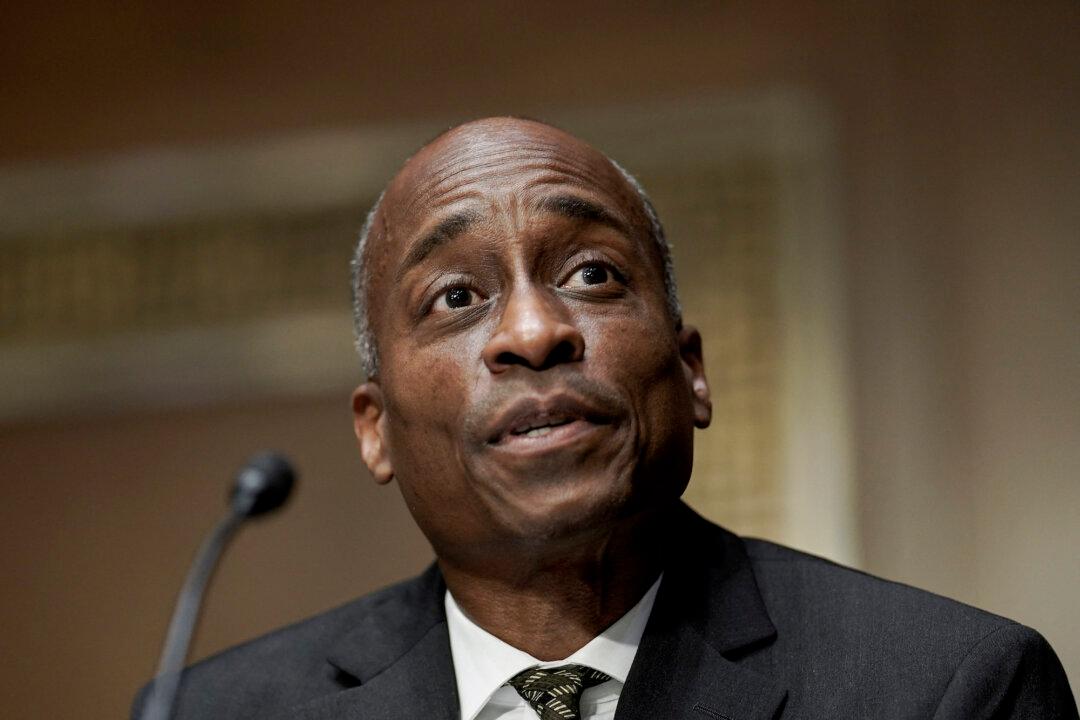Federal Reserve Board member Philip Jefferson has been nominated by President Joe Biden to serve as the central bank’s next vice chair.
If confirmed by the Senate, he would replace Lael Brainard, who resigned from her position in February to become the president’s chief economic adviser. Jefferson was widely expected to become the next Fed’s second-in-command before the announcement.





